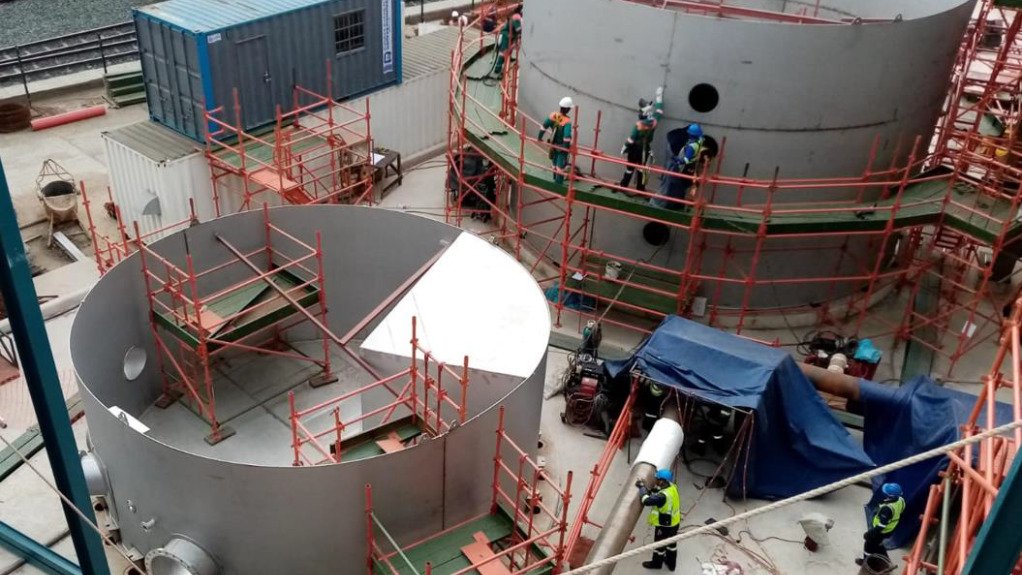Celebrating its sixtieth anniversary, the Southern African Stainless Steel Development Association (Sassda) has reintroduced the Sassda and Columbus Stainless Awards – with the theme of innovation and sustainability – this month, following a five-year hiatus.
The biennial event had been held for decades to acknowledge and applaud exceptional achievements in the stainless-steel industry.
“This tradition was put on a temporary halt during the pandemic and is now returning as strong and well-contested as ever. The response to the revival of the awards was exceptional and much better than originally expected,” enthuses Sassda executive director Michel Basson.
The event has always been renowned and respected across the global industry, as it draws entries representing “world-class quality”, and this year did not deviate from the norm.
While there had been the usual array of entries from diverse sources, Basson adds that, in comparison to past entries, there was a higher level of awareness on sustainability and environmental impact, as well as an openness to the use of new methodologies for innovative project execution.
“Sustainability brings the challenge of trying to do things in a different way – not only differently but also with greater sensitivity to the use of resources, the environment and society.”
He cites an entry where the entrant was able to retrieve “usable water” from fat, oil and grease contaminated by effluent from industrial processes and restaurant kitchens.
The design incorporates the use of previously used components to further a circular economy approach, and this has resulted in high levels of material optimisation and low energy use.
With a “very high level of local content”, these units are now being exported to Europe.
There is also a “seemingly simplistic” design for a bin tipper, used in high-quality wine production to limit product spillage. The automated hydraulic operating system uses water instead of hydraulic oil, thereby ensuring that these “premium wines are truly uncontaminated”.
Other entries feature the innovative use of 3CR12 grade – a weldable ferritic stainless steel – in mining roof supports that are being exported worldwide, and more than seven- million rocket stoves being exported into Africa.
Basson also highlights an entry that entails the complete design and fabrication of a wine cellar that was containerised and shipped to the US, where two artisans installed the cellar in two weeks.
He notes that, to be successful in the global market, it is critical to operate as an innovative entity delivering sustainable products, with these and all other entries demonstrating that the local industry can be competitive in global markets.
Diverse Judging
“A true winner of the Stainless Steel Awards should be judged the best from as wide a spectrum as possible. Therefore, we have judges who have a diverse background, who are based all around the country and who have experience in different industries,” Basson explains.
He highlights that the judges from outside the industry brought new angles to the judging process and ensured that the selection of winners was not subjected to a myopic, steel-industry-only view.
This process allowed for clear criteria and a standardised scoring system, and Basson comments that the system, “in our opinion, really made the process seamless for a very diverse group”.
Further, the digitalisation of the judging process did not dampen the discourse and interaction among the panel members, with Basson suggesting that the entire process became “a little easier”.
Basson assures that “our digital process ensured a balanced, objective and traceable result. This standardised entry and evaluation process for judging the event was a first for Sassda and, with slight improvements, will be used again in the future”.
Edited by: Nadine James
Features Deputy Editor
EMAIL THIS ARTICLE SAVE THIS ARTICLE
ARTICLE ENQUIRY
To subscribe email subscriptions@creamermedia.co.za or click here
To advertise email advertising@creamermedia.co.za or click here















